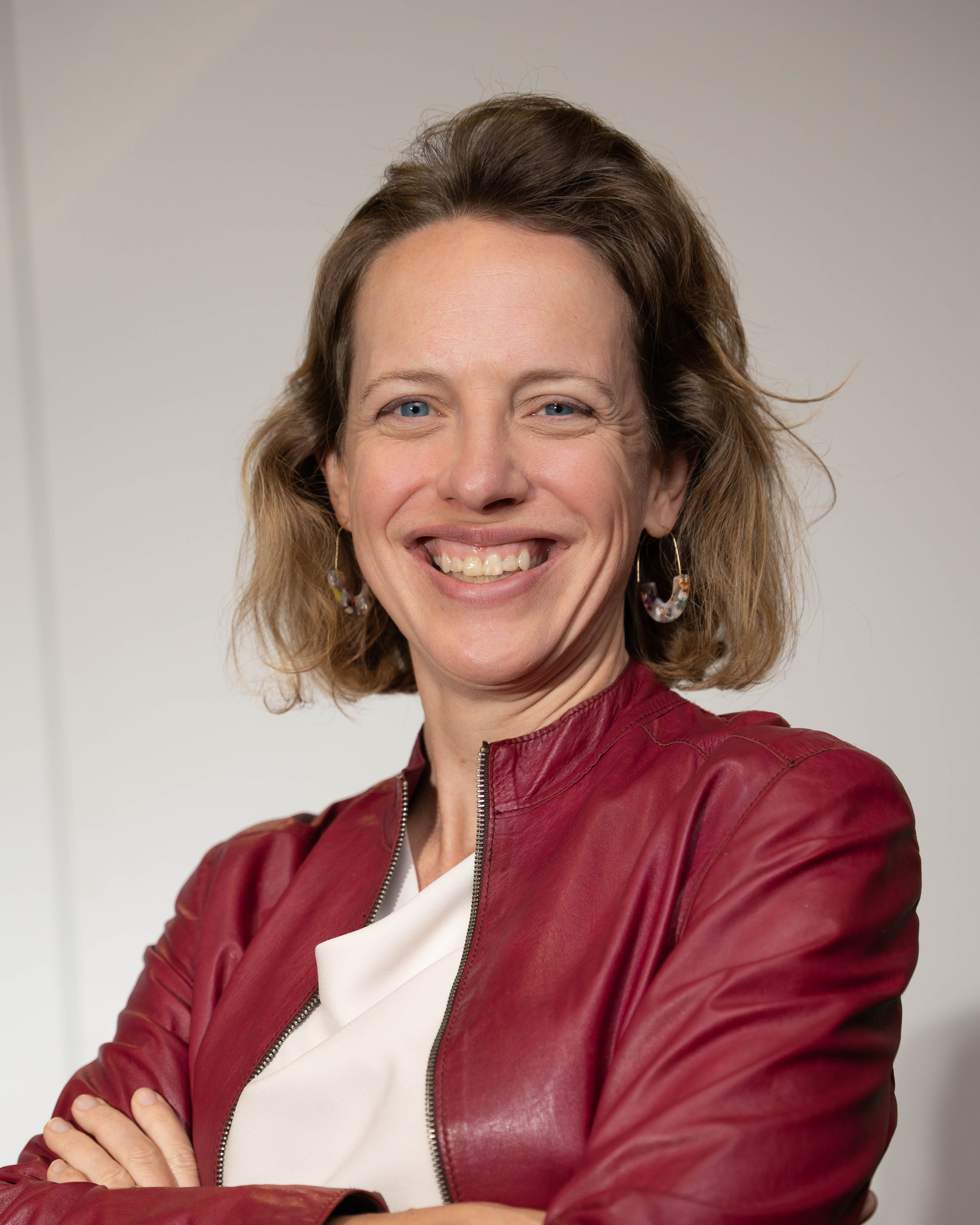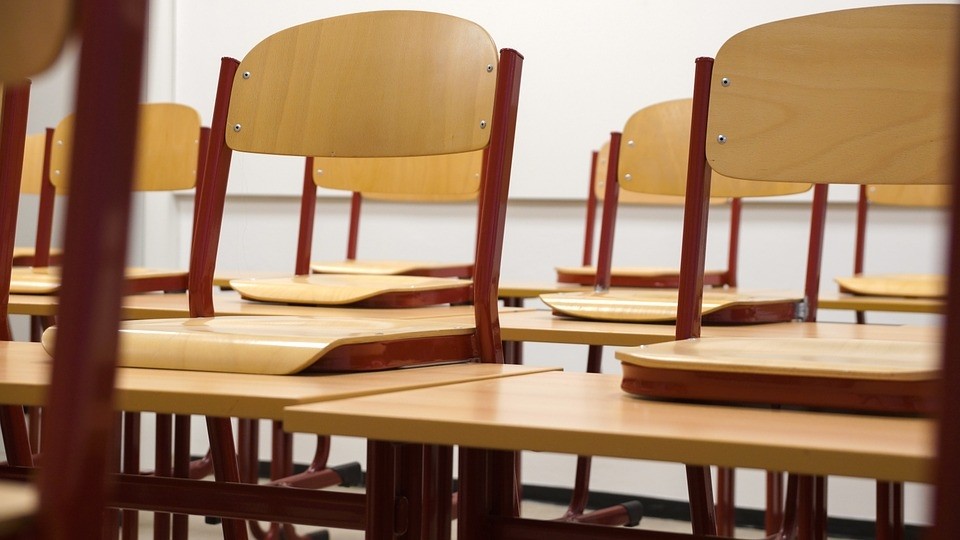The view is certainly familiar, yet the perspective is unique. As an alum of the Program for Educators in Health Professions (2010) and Health Care Education 2.0 (2014) courses, I’ve been able to experience the courses again and again as a faculty facilitator. But there is nothing like sitting in the middle of the rotunda as a current scholar, my role this week in the Harvard Macy Leading Innovations in Health Care Education course. Below are 3 observations of my first 3 days in the course:
1. Having all these expert consultants is a total luxury. I have facilitated many step-back consultations in the past 5 years, but I eagerly await my own chance for consultation this week. Applying principles I am learning from the course, I think my step-back will be like visiting a solution-shop – a chance to have experts from around the world diagnose my work challenges and recommend solutions. But I wonder if other parts of the Harvard Macy experience are like a facilitated network – our social media strategy itself comes to mind.
2. I need to take pen to paper. A lot has changed since my first experience as a Harvard Macy scholar in 2010. Gone are the lab notebooks for recording observations, the huge binders that challenged my subway commute. I was one of many in favor of these changes – after all, we’ve all gone digital, right? And yet, I often find myself reaching for the scratch pad when Clay Christensen or other faculty are speaking. In order to make connections between what they are saying, what I’ve been reading, and my own work, I need to jot down a new idea or draw a little schematic. While I wasn’t entirely surprised by this – the cognitive science research suggests students learn much more from taking notes by hand instead of typing – I was surprised by how quickly I had glossed over the needs of the end-user when making suggestions to ditch the paper at Harvard Macy. In the course, we are learning about design thinking and methods for listening first to your customer when creating your product. I would encourage all curriculum designers to spend some time simply observing how your students go about their work. Or better yet, find a reason to return to the student seat yourself!
3. Multi-tasking is next to impossible. While this was also not a surprise based on what we know about neuroscience and the brain, I have found it very challenging to keep up my role as the Harvard Macy Institute Social Medial Strategist while also a student in the course. As a returning scholar, I typically sit in the back of the room and monitor the Twitter back channel, replying to current scholars and choosing which tweets to share with our community following along at home. But while listening and taking notes by hand (see observation #2), I find little reason to go to my computer and send a tweet. That has got me thinking about the Jobs to Be Done by social media. Drawing upon another theory we are learning in the course, I realized I have often thought about our social media strategy in terms of where our alumni are on social, not about the job they might hire it to do.
So how is social media actually working for me personally in the course? I hire it during the breaks, to find out what my fellow scholars are taking away from the sessions and what other resources they are sharing with the group. Sometimes I hire it during a session if I have a particular “aha” moment – I find the metacognitive task of summarizing my thoughts in 140 characters or less helps me focus on my own take aways. Your Jobs to Be Done by social media might be very different than mine, even though we are both medical educators of a certain specialty or age. So be sure to comment on the blog with what you “hire” social media to do, so we can best meet your needs!
Holly Gooding, MD, MSc


